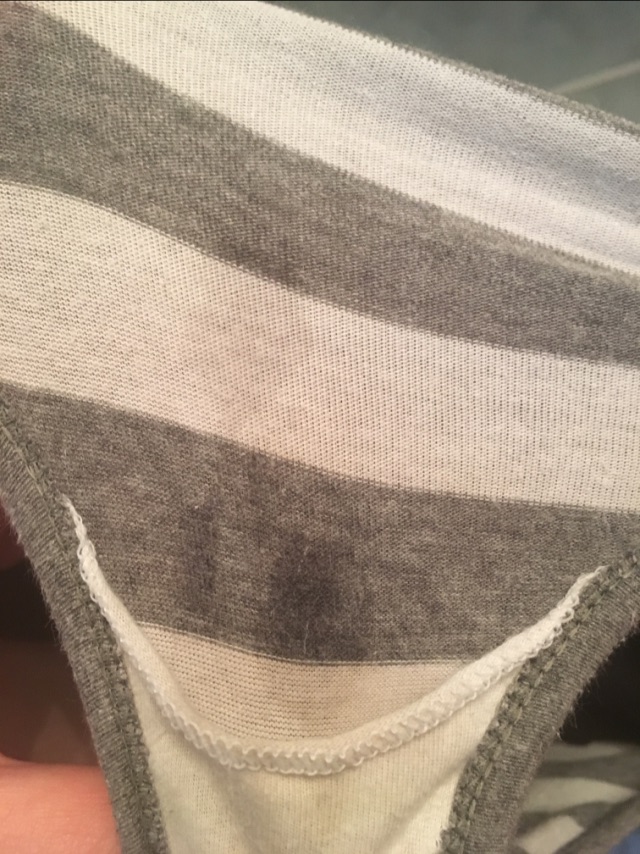

When you’re expecting, higher levels of the pregnancy hormone estrogen cause more blood to flow to your pelvic area. In fact, very heavy discharge towards the end of your third trimester could indicate that your body is preparing to go into labor. Watery discharge is a completely normal part of pregnancy, and it typically gets heavier as your pregnancy progresses. What does watery discharge during pregnancy mean? And the further along into your pregnancy you get, the more watery discharge you'll likely have. Leukorrhea usually consists of sloughed-off dead cells and tissue. It’s a lot like the discharge you might have between periods, only heavier. What is watery discharge during pregnancy?ĭuring pregnancy, your vagina secretes a thin, milky-white discharge called leukorrhea. Cigna may not control the content or links of non-Cigna websites.Here’s the lowdown on watery discharge during pregnancy and when you need to bring it up with your doctor. Selecting these links will take you away from to another website, which may be a non-Cigna website. This website is not intended for residents of New Mexico. For availability, costs and complete details of coverage, contact a licensed agent or Cigna sales representative. LINA and NYLGICNY are not affiliates of Cigna.Īll insurance policies and group benefit plans contain exclusions and limitations.

The Cigna name, logo, and other Cigna marks are owned by Cigna Intellectual Property, Inc. Accidental Injury, Critical Illness, and Hospital Care plans or insurance policies are distributed exclusively by or through operating subsidiaries of Cigna Corporation, are administered by Cigna Health and Life Insurance Company, and are insured by either (i) Cigna Health and Life Insurance Company (Bloomfield, CT) (ii) Life Insurance Company of North America (“LINA”) (Philadelphia, PA) or (iii) New York Life Group Insurance Company of NY (“NYLGICNY”) (New York, NY), formerly known as Cigna Life Insurance Company of New York. That insure or administer group HMO, dental HMO, and other products or services in your state). Group health insurance and health benefit plans are insured or administered by CHLIC, Connecticut General Life Insurance Company (CGLIC), or their affiliates (see Individual and family medical and dental insurance plans are insured by Cigna Health and Life Insurance Company (CHLIC), Cigna HealthCare of Arizona, Inc., Cigna HealthCare of Illinois, Inc., Cigna HealthCare of Georgia, Inc., Cigna HealthCare of North Carolina, Inc., Cigna HealthCare of South Carolina, Inc., and Cigna HealthCare of Texas, Inc. Your doctor may want to see you more often.įind an in-network doctor, dentist, or facility Or you may be given fluids through an intravenous (I.V.) needle into a vein. You may also be asked to drink more water. Depending on what's causing the problem and how close you are to delivery, your doctor may want to try to start (induce) labor. If you're near the end of your pregnancy, you may not need treatment. This means that the size of your pregnant belly is not as large as it should be, as measured from top to bottom by your doctor.ĭoctors use ultrasound to measure the amount of amniotic fluid in your uterus. A problem with the baby's kidneys or urinary tract.It supplies your baby with nutrients and oxygen through the umbilical cord. This is a large organ that grows in your uterus during pregnancy. A health problem you have, such as high blood pressure.In many cases, the cause of low amniotic fluid may not be found. The fluid helps your baby move around in the uterus. And it keeps your baby at a healthy temperature.

It may lead to problems during labor and delivery.Īmniotic fluid protects your baby from being bumped or hurt as you move your body. Having a low amount of this fluid can affect how the baby grows. Low amniotic fluid means that there is too little fluid around your baby in the uterus during pregnancy. Condition Basics What is low amniotic fluid?


 0 kommentar(er)
0 kommentar(er)
